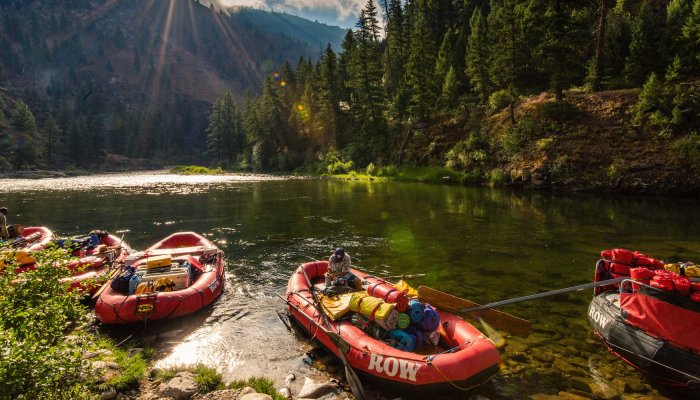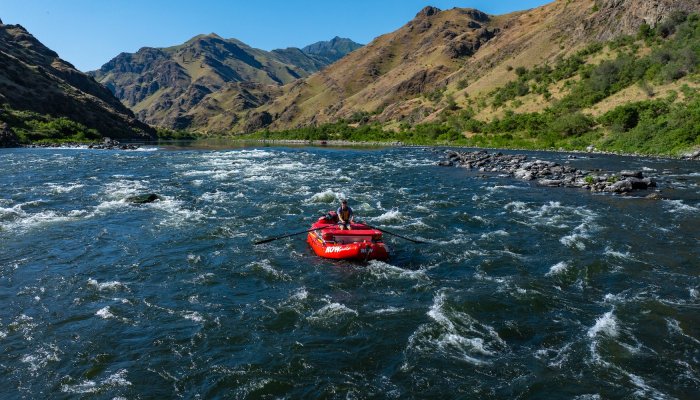How To Be a Sustainable Traveler
Within the ROW Family of Companies (ROW Adventures, Sea Kayak Adventures and Adventure Unbound) it is in our ethos to travel consciously, sustainably, and in a way that benefits the local communities we are visiting. That said, we recognize that travel is a large contributor to the world’s carbon footprint, with air travel being the largest contributor within travel. While we wholeheartedly believe that travel is a source for much good in the world, we must take an honest look at this impact as well as others. With thoughtfulness and intent, we do our best to make responsible choices and recognize that sometimes, mitigation is appropriate and necessary.
There are always ways to improve the way that we travel, personally and collectively.
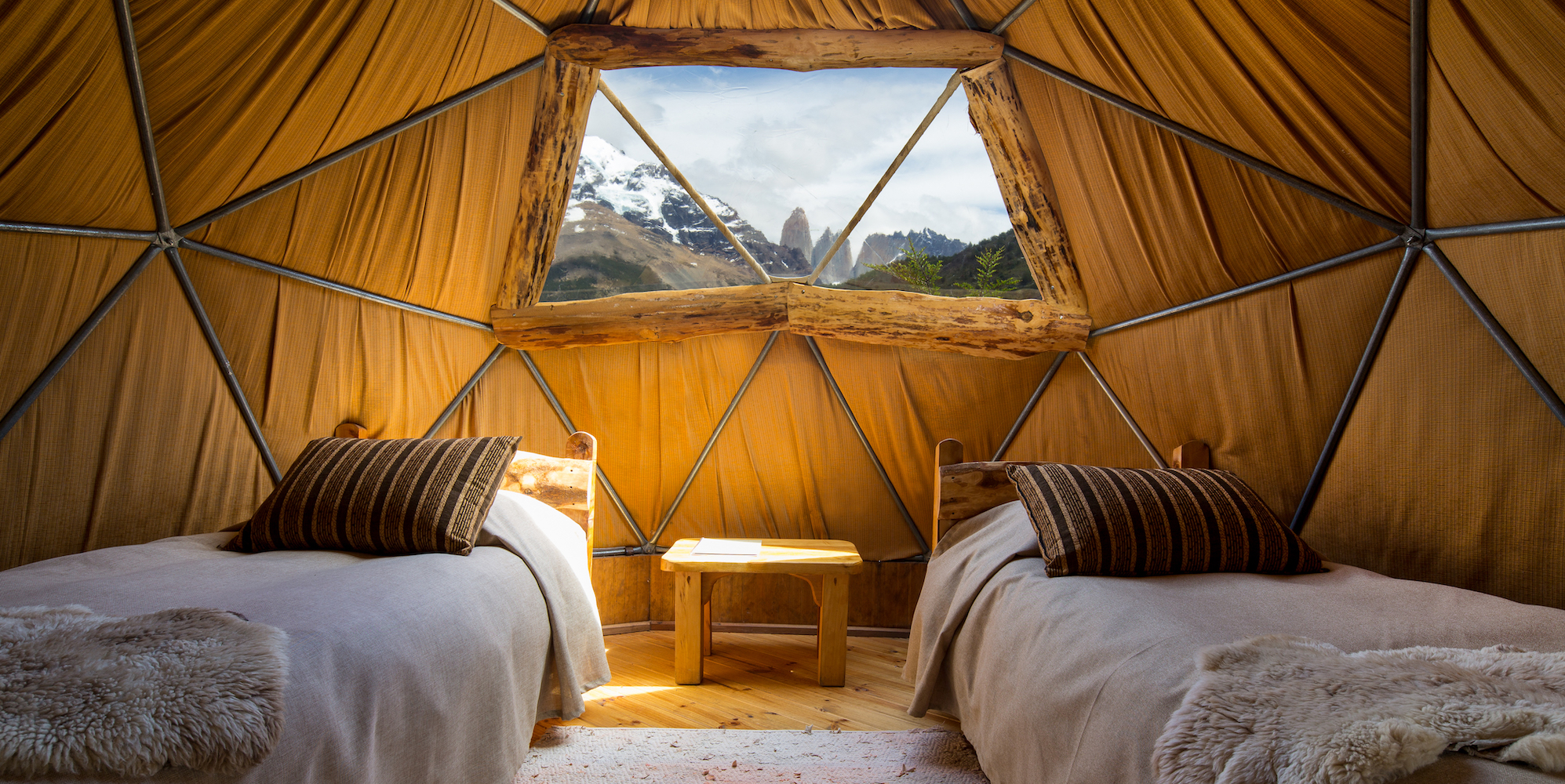
Choose accommodations carefully
As a traveler, one of the biggest decisions you make is where you stay. Your accommodations are likely the first place you’ll spend your money in a new destination. There are many ways to travel more sustainably simply by how and where you spend your money. When you can, it's always best to choose locally owned accommodations because places that are locally owned often have a bigger stake in their own community and are more likely to be good neighbors and invest locally. Additionally, when researching your accommodations, look at their environmental stewardship. If the environment is important to the owners, they will likely articulate this on their website and explain what business practices they’ve adopted relative to minimizing impact.. It's also important to do your own part to think about your environmental impact as a traveler. For starters, you can choose to not have your hotel bedding or towels changed daily, and always make sure to turn off lights and appliances when you leave the room.
If you don’t need much space while traveling, and are interested in meeting other travelers, consider staying in a hostel! While often cheaper than hotels or rental properties, you also use up less resources like heat, electricity, water etc, when staying in a more communal space.
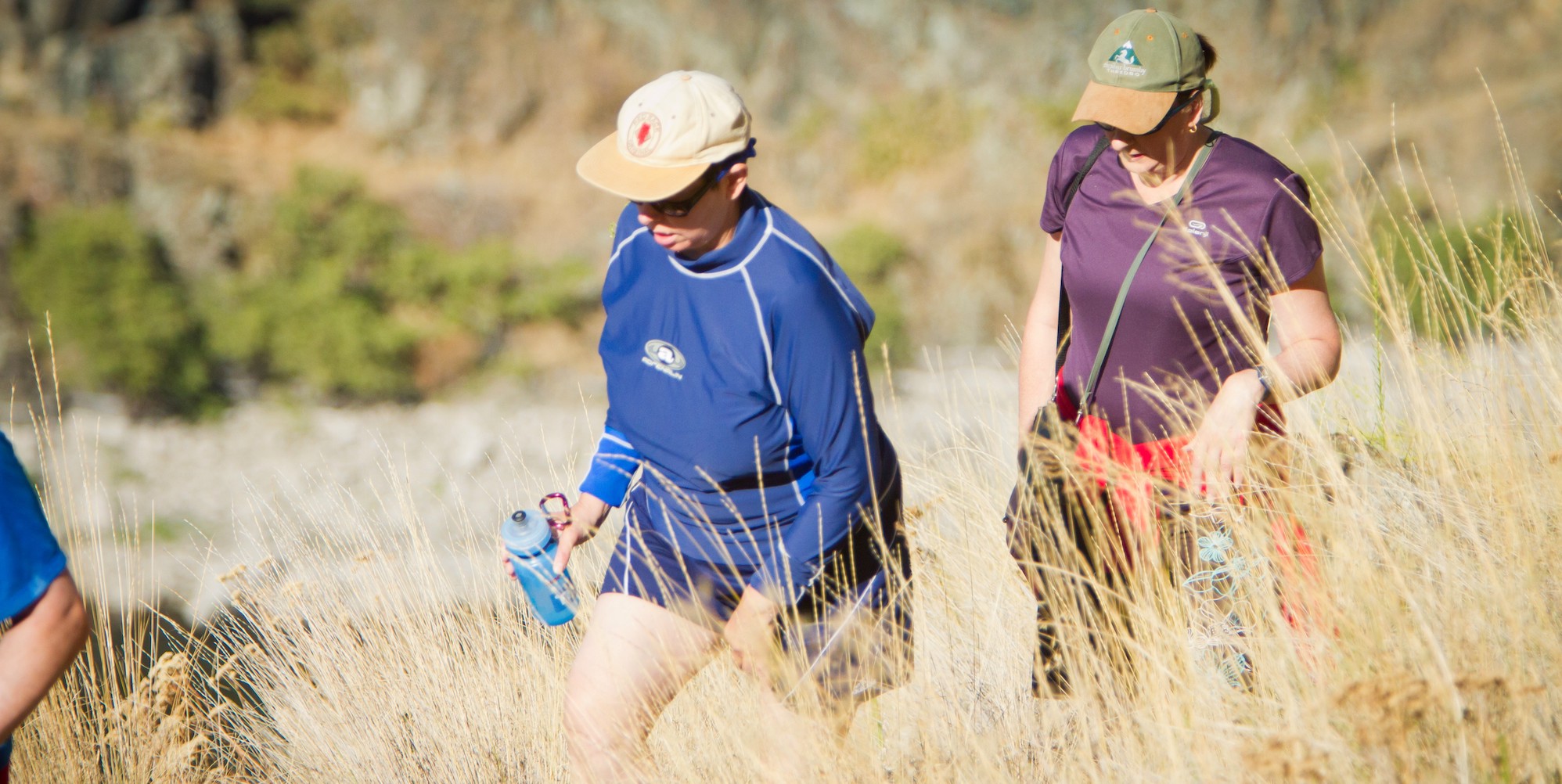
Bring a reusable water bottle and water filter
Much of the world has perfectly good drinking water, so always travel with an easy-to-fill wide-mouth water bottle. If you’re traveling to a developing country where water quality may be an issue, think about what you can do to avoid buying water sold in plastic water bottles. If you are concerned about the tap water, bring a filter such as a LifeStraw, Grayle, or Sawyer Squeeze, all of which will filter out harmful bacteria. Another option is to use a Steripen that you swirl in your water bottle to kill both bacteria and viruses. There are plenty of great lightweight water filter options that can easily fit into your carry on or checked bag. You also never know where you might find filtered water on your travels! Having a water bottle in hand at all times is a great way to travel.
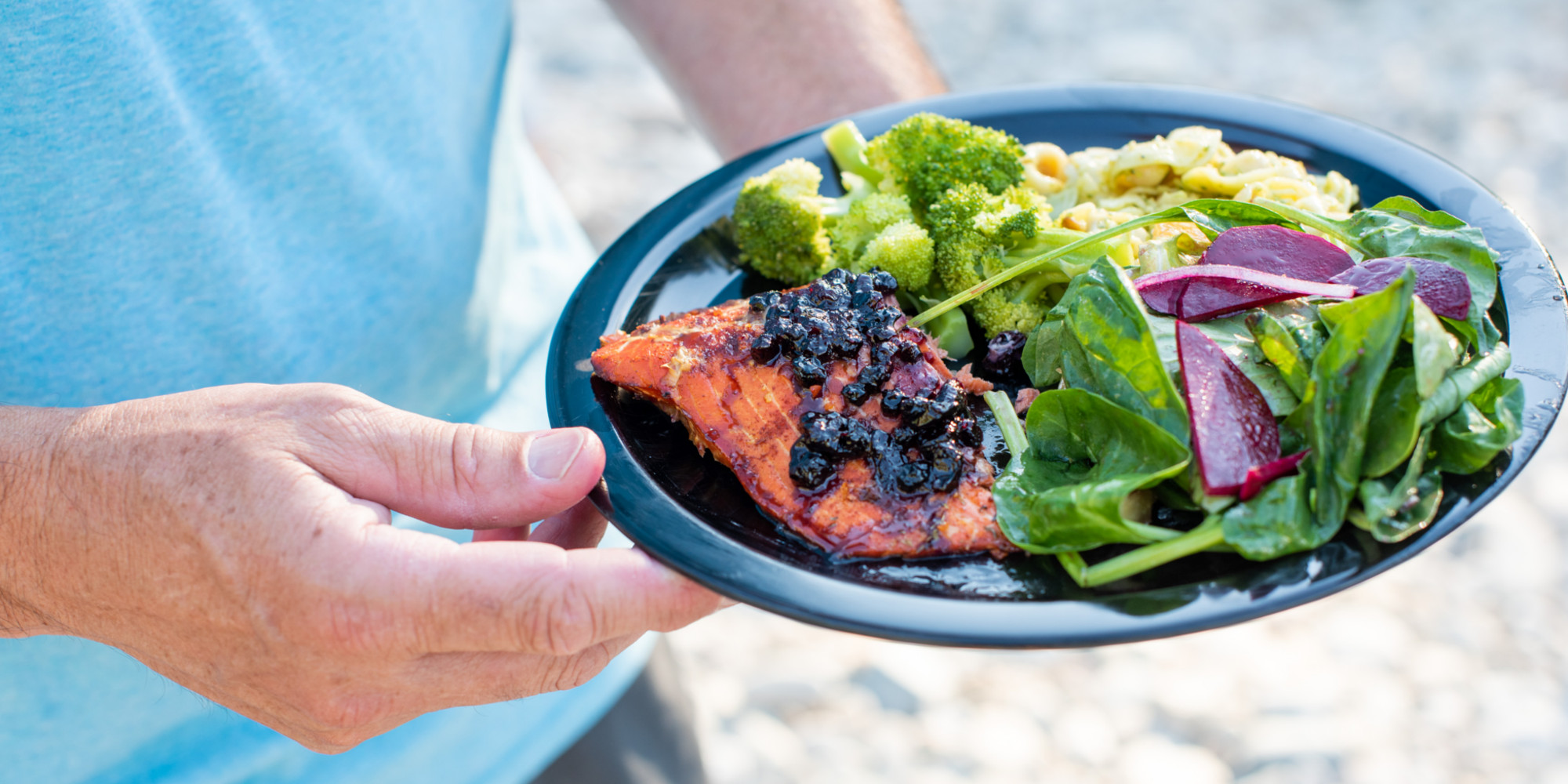
Be conscientious of waste
When you’re traveling internationally, it’s easy to ignore the waste you produce since you’re not the one taking out the trash, sorting your recycling, etc. Part of being a sustainable traveler is thinking about the waste you produce. Whatever you produce at home will be similar to what you produce abroad, it just may be disposed of differently.
Another incredible travel hack is to bring along a small tupperware. You can put leftovers in it and any snacks you might want throughout the day. It saves you money because you won’t waste leftover food when going out to eat throughout your travels! If you go to grocery stores, having a tupperware is also great for getting bulk snacks or dry goods. This allows you to purchase the exact amount of food you may want from the grocery store, therefore avoiding food waste and single use plastic waste.
In addition to mitigating food and plastic waste, it’s important to remember that not all countries and cities process trash the same. Many places don't have recycling programs, so take home anything toxic like batteries and maybe other non-biodegradable waste. If you're interested, it never hurts to read up on the trash and recycling programs in place at the destinations you are traveling to.
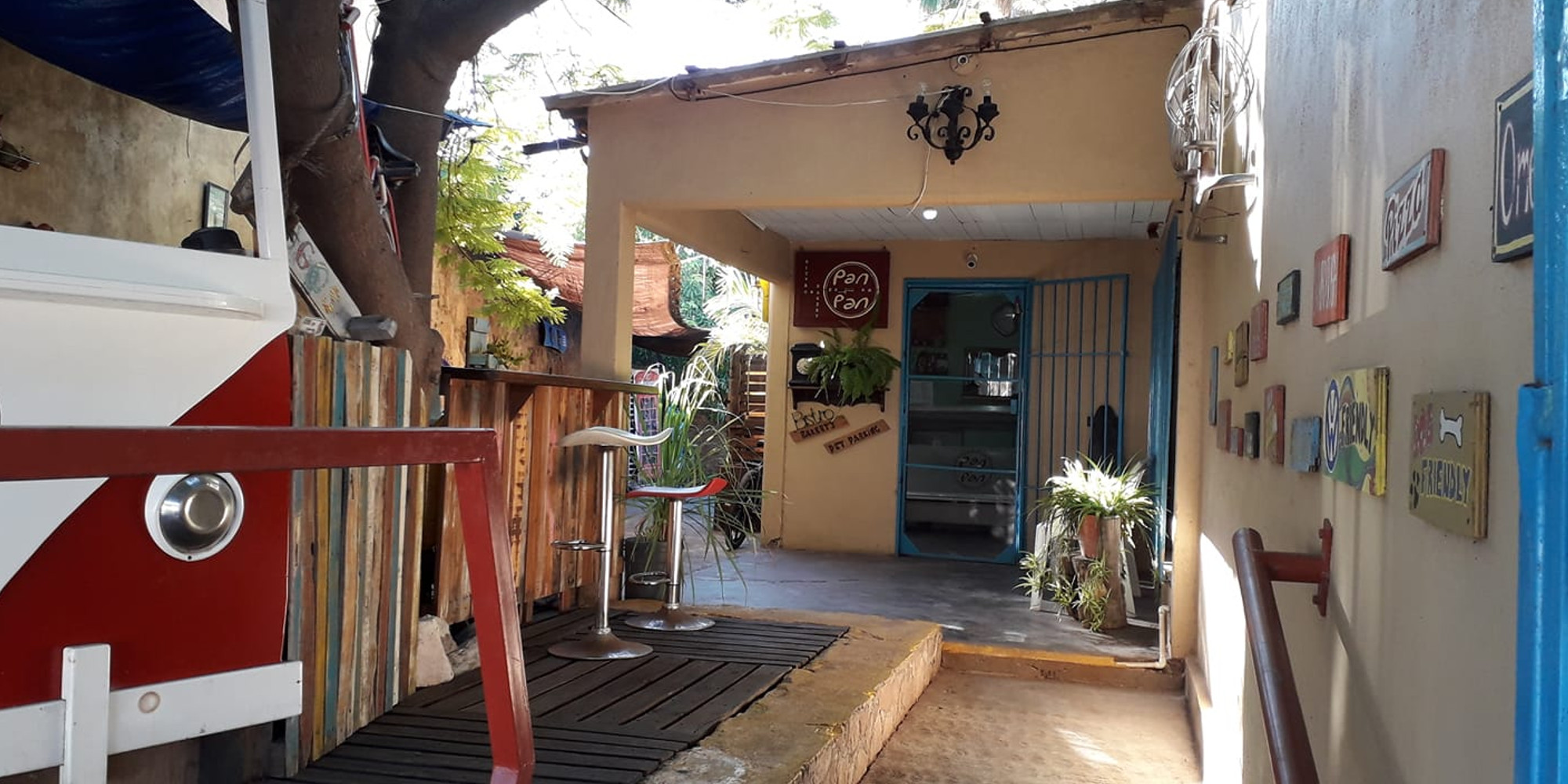
Support the local economy
One of the most important ways to show up as a sustainable traveler is with the money you spend and where you invest your time. The things that make a place so great are often the locals. They work hard behind the scenes to help make your tourism experience what it is. Be mindful of this when traveling and pay it forward! The more you support local communities, the better off they will be, and better able to provide the same experience to travelers in the future. Remember that locals experience invisible burdens of tourism - so research the tourism in the place you are visiting to know how to show up for the local community in a positive way.
Spend your money at locally owned restaurants and markets. Remember that traveling isn't all bad and that many communities around the world have a flourishing economy because of tourism. There are ways to spend your money that bring benefits to the local people more directly. For example, imagine you are in Baja California Sur and need sunscreen. While you may think to stop by Walmart to get some, consider finding a locally owned and operated pharmacy instead where you can find the same or similar product you are looking for. The $10 you spend at Walmart is $10 less dollars the local owners nextdoor get, and this perpetuates the need for Walmart, and decreases the need for small business, overall diminishing their longevity. Spend money with community or locally run businesses that benefit local people. Just as we can choose to “buy local” in our communities at home, do the same when traveling. Beware of souvenirs made from old-growth trees, derived from endangered forests or made from endangered species. For example, don't buy products made from coral or rare plants.
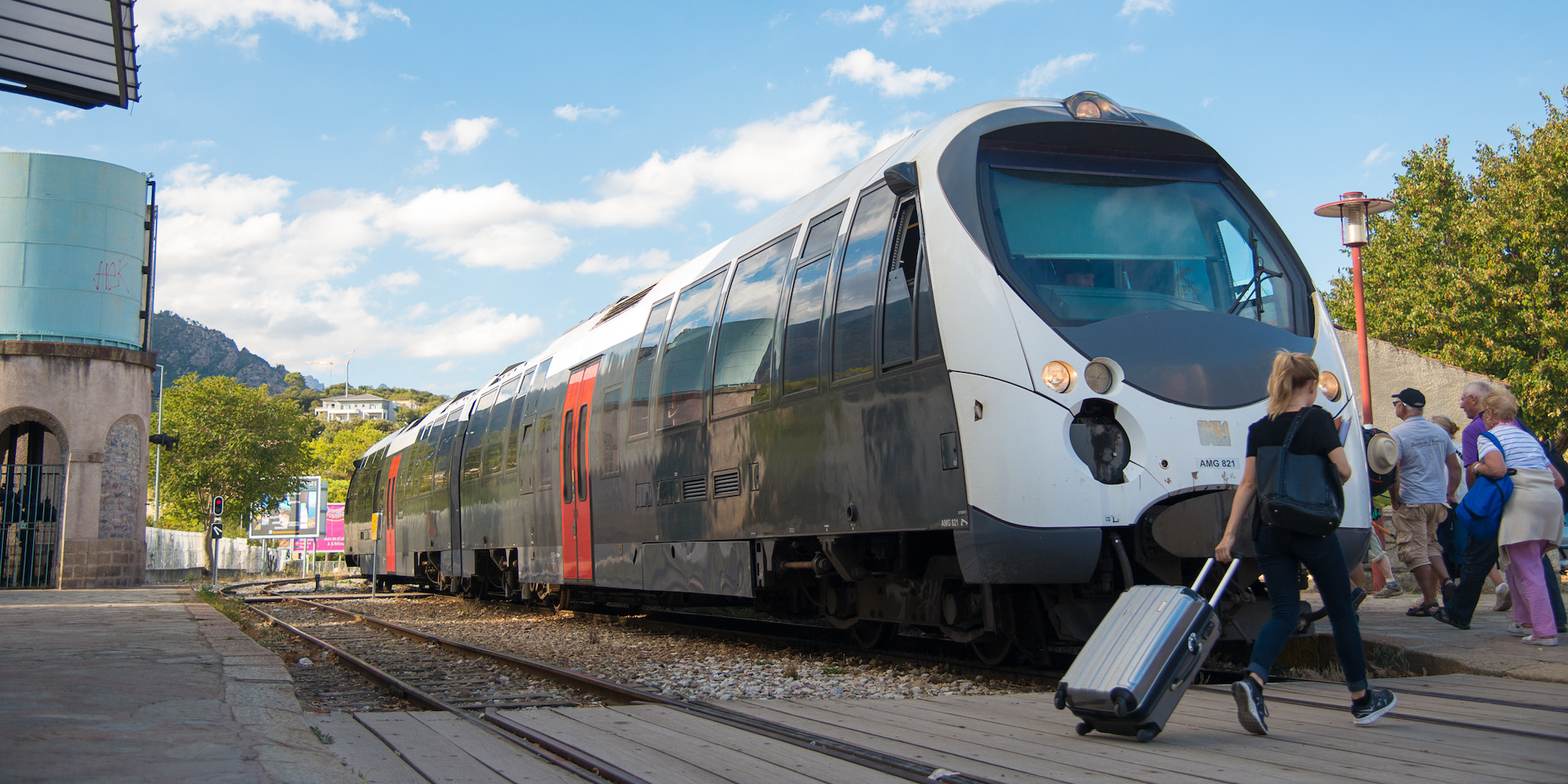
Walk, bike, or take public transit
Continuing the idea of being conscious of your footprint and putting money back into the local economy, consider alternative forms of transportation. Instead of renting a car, consider renting a bike from a small guiding service, walking, taking public transportation, or grabbing a taxi when needed. These modes of transportation will arguably give you the best lay of the land. Finding your way through a new place can be incredibly exciting. Walking and biking allows you to stop easily and get carried away by the sites and people you meet along the way, all the while you are reducing your carbon emissions. Riding the local public transportation is a great way to join locals in their daily commute, and taste what living in the destination might look like.
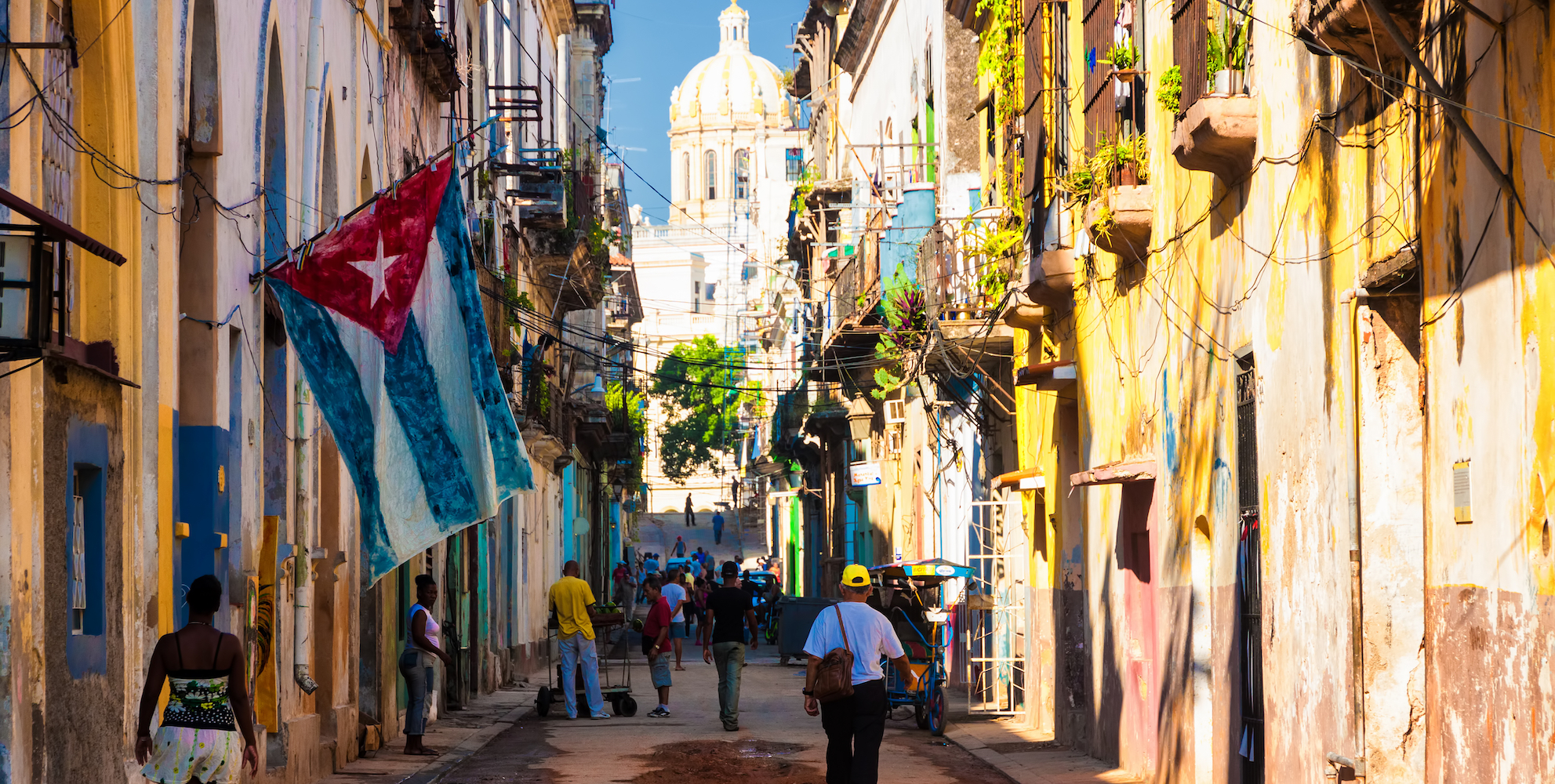
Educate yourself on the history, culture, and traditions of the destination
One of the most important parts of traveling to different places across the globe is taking the time and intention to research the history and culture of the destination. This is the best way to pay respect towards the people and environment of a place you are traveling to. Understanding a culture helps you act respectfully within the context of that culture. It also gives you knowledge with which you can ask more thoughtful questions. In a cultural context within traveling, ignorance is not always bliss. Without intentionally looking into this, you have no idea the cultural norms of a place. Putting your feet up on the local public bus may be a huge sign of disrespect, so it's always best to know before you go.
One cultural norm that may be different abroad is tipping. Every culture has different attitudes towards tipping. Americans are known as the biggest tippers in the world, while the travelers from many European countries are thought to be stingy. While it may not be the custom to tip in Germany, it is the custom in the U.S. So a respectful traveler to the U.S. would follow local custom and tip 15-20% in restaurants. Being able to travel is a luxury, and one of the values of travel is spreading wealth. Remember that when you’re considering tipping in a developing country where perhaps the annual income is 10% of your own country.
I often hear travelers ask “What is the custom of tipping here?” It’s a fair question, but not always the right question. For example, in Turkey the custom might be to leave 5-10% at a meal. But would it hurt your pocketbook to leave 15% and make a tangible difference in the life of another? Tipping etiquette varies greatly depending on where you go.
As a company, the ROW Family of Companies provides guidelines for each destination where we operate trips. We cover most incidental tips on our trips because we want to be sure that we are being fair to the places and communities where we operate. But there are always opportunities for you to tip as well, and we encourage generosity.
Another cultural norm to be aware of is photography. Consider doing some research on photography etiquette in the area. If you can, gain an understanding of the local perspective on photography. Ask before taking photos and respect locals' wishes if they refuse.
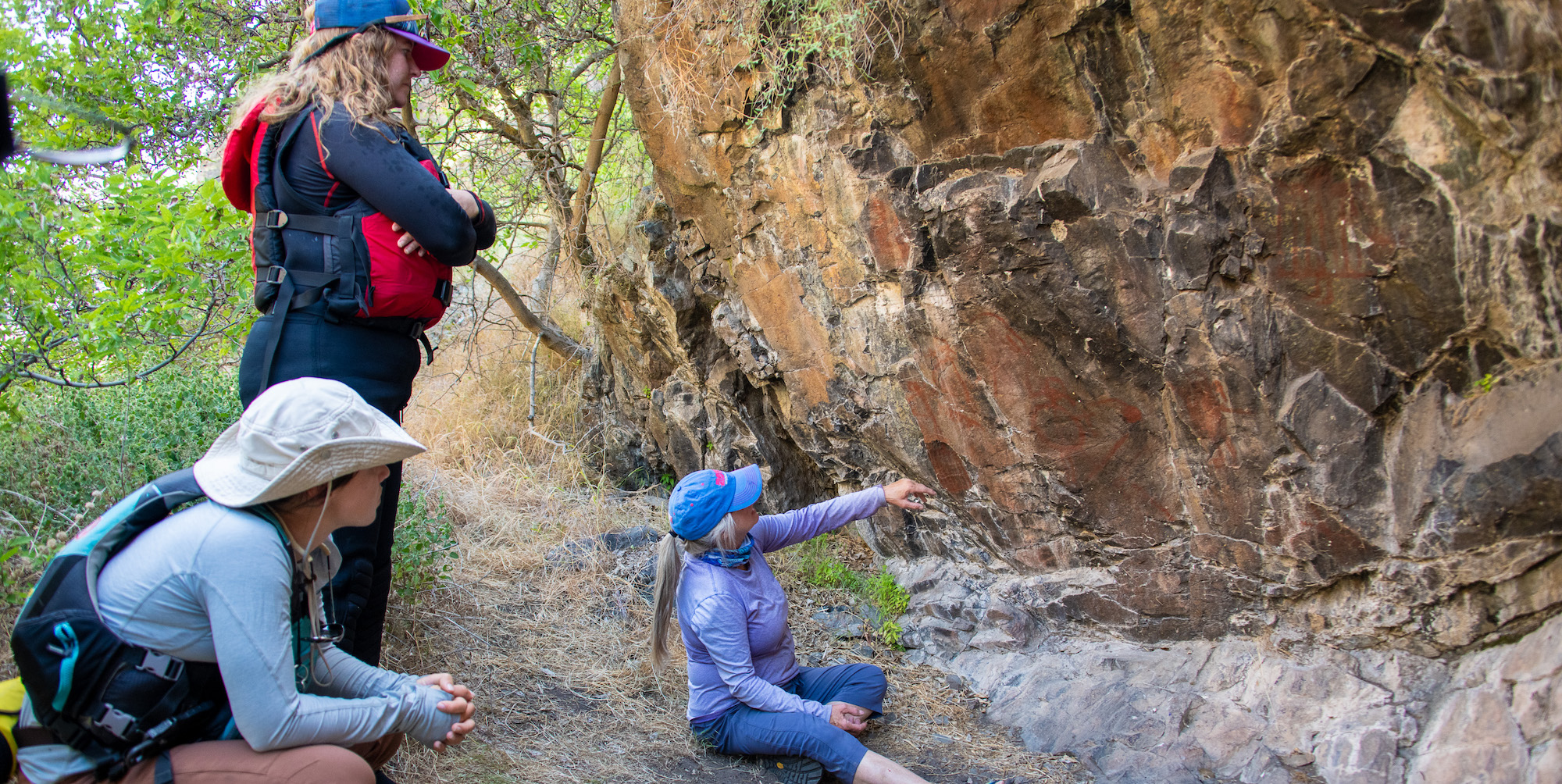
Respect Indigenous Peoples
It’s important when we travel that we recognize the rights, culture and spiritual beliefs of the Indigenous people. Native communities have a long and rich history of proven resilience, resistance, and land stewardship and continue to fight today for not only their own rights and recognition, but the positive, sustainable treatment of the environment as well. As a company committed to conservation and preservation of our fragile environment, we recognize there is a great deal we can learn from Indigenous communities in how we engage with and care for the natural world.
When traveling, look to support and hire outfitters and guide services that are run and owned by native people, or that hire native guides. Find ways to protect and defend the land, water, territories, natural resources, and cultures of Indigenous communities. Remember that Indigenous communities contribute the least to the climate crisis, and globalization puts these communities in vulnerable positions. Supporting Indigenous businesses and working with local guides is a fantastic way to interact with the local community, boost the economy, and get the richest travel experience possible.
Another great way to respect the Indigenous culture of an area is to learn the native language. Not only is it fun, but it can be immensely helpful to learn a few words of the local language. While this will definitely help you get around easier, knowing a few words of greeting and thanks goes a long way in creating relationships with the local people. Watch the smiles emerge as you make an effort, even if you bungle the pronunciation.
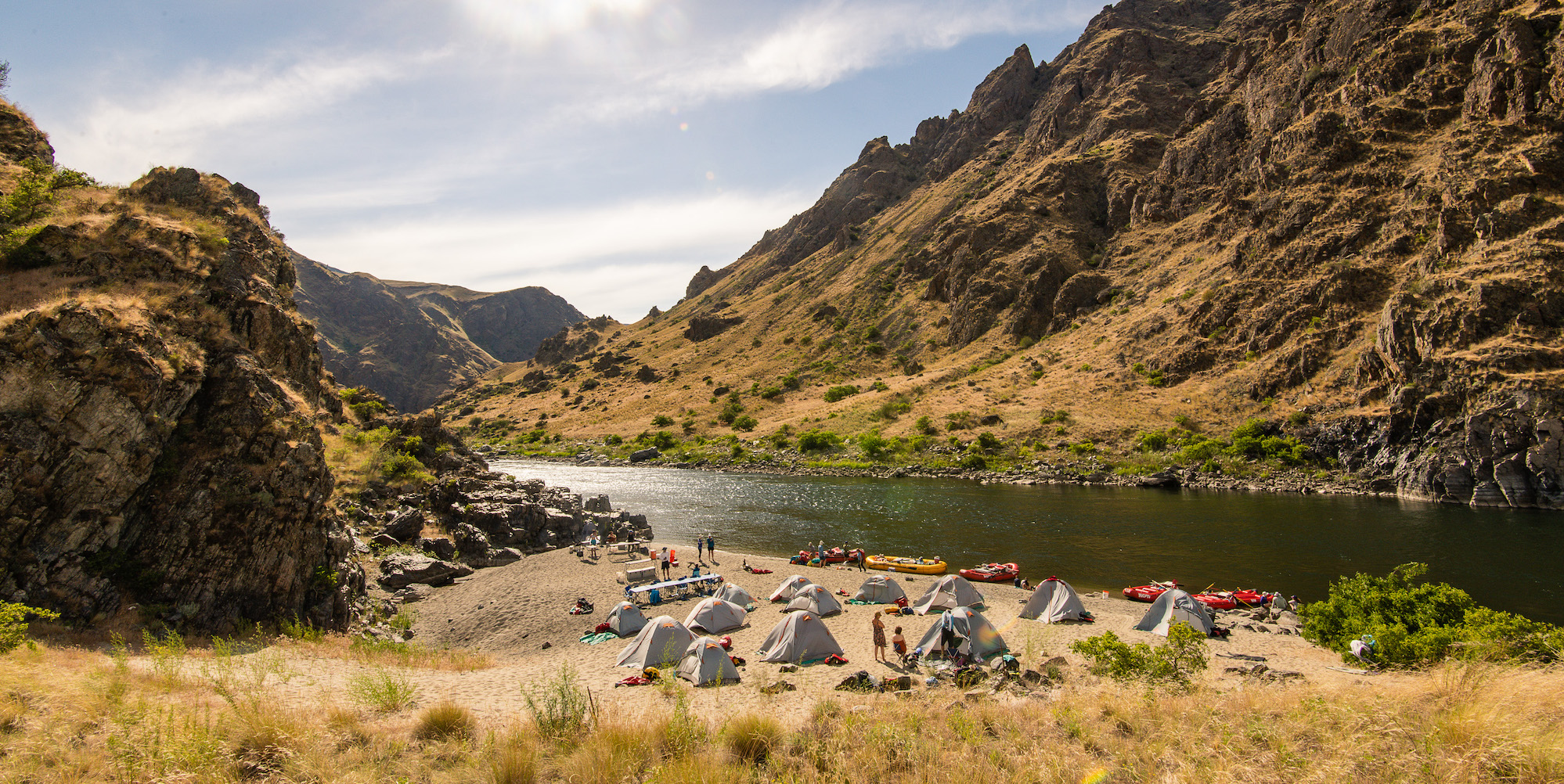
Chose human powered, low impact activities
A great alternative way to travel that is more sustainable, is to participate in human powered activities like camping, hiking, whitewater rafting, biking, kayaking, etc. These activities generally use much less fossil fuel than others and you may have the opportunity to go on a human powered guided experience from a local. This is a great way to support locals directly and get the richest experience possible. Another great sustainable travel tip is to travel in the off season or off the beaten path.
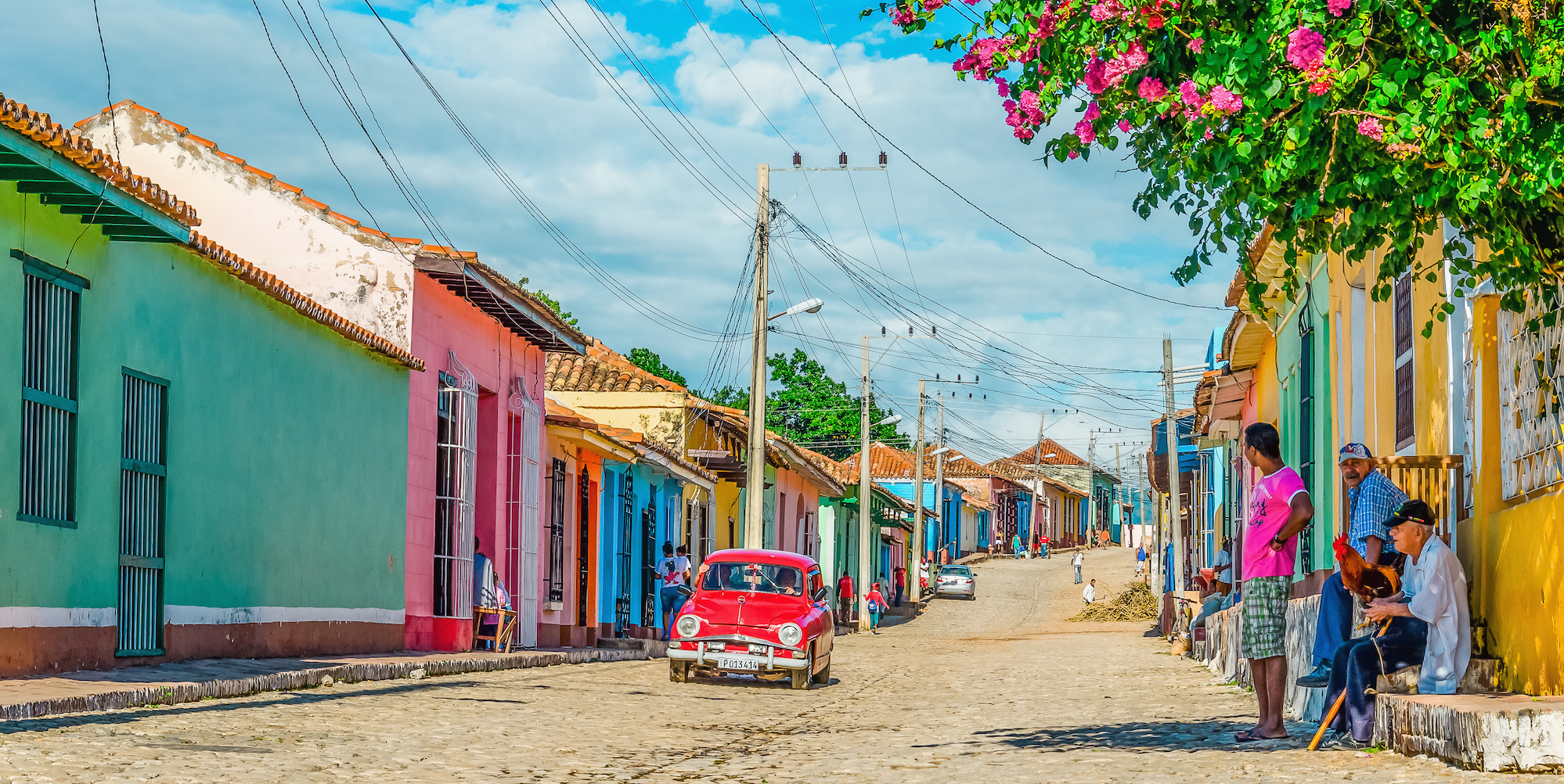
Be open minded and adaptable
The best adventures happen when you are adaptable and understanding. Adaptability means being able to adjust to new situations, environments, and circumstances. When traveling, unexpected situations can arise, such as transportation delays, changes in weather conditions, or unexpected closures of tourist attractions. Being adaptable means that you are prepared to handle these situations without causing unnecessary harm to the environment or local communities. Change is inevitable when traveling, so it’s important to set realistic expectations. It's best to travel and operate in a new place without holding onto control. You only have so much control in an environment that is not “yours.”An unexpected change of plans in travel often makes for the best stories. Remember the expression, “If you want things to be like home, maybe you should stay home.”
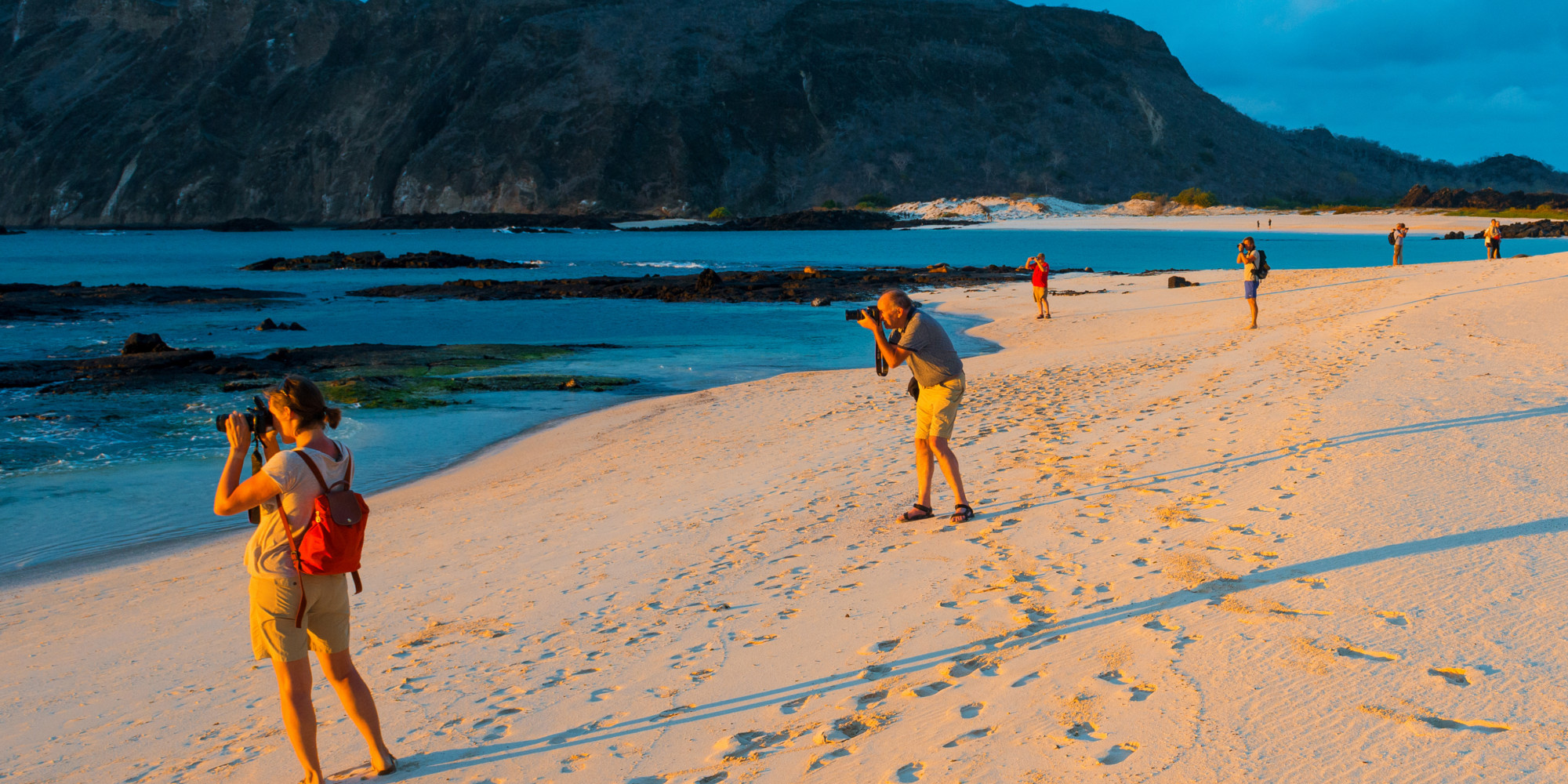
Consider Overtourism
There are places in the world that simply get more visitors than they can handle. It’s a tough situation because most of us want to see, at least once in our lives, many of these iconic destinations that are getting more tourists than they can handle. Paris, France is extremely popular, but it has the infrastructure to handle thousands of tourists each day. Other places like Angkor Wat in Cambodia, or Machu Picchu in Peru, may not be so well equipped. Consider options when you travel and look for places that truly need more tourists and travelers. There are plenty! As well, some places that were being damaged from having too many tourists before the pandemic, have still not recovered. Now is a great time to visit these places such as Egypt, Jordan (Petra), Turkey (Ephesus, Cappadocia), etc.
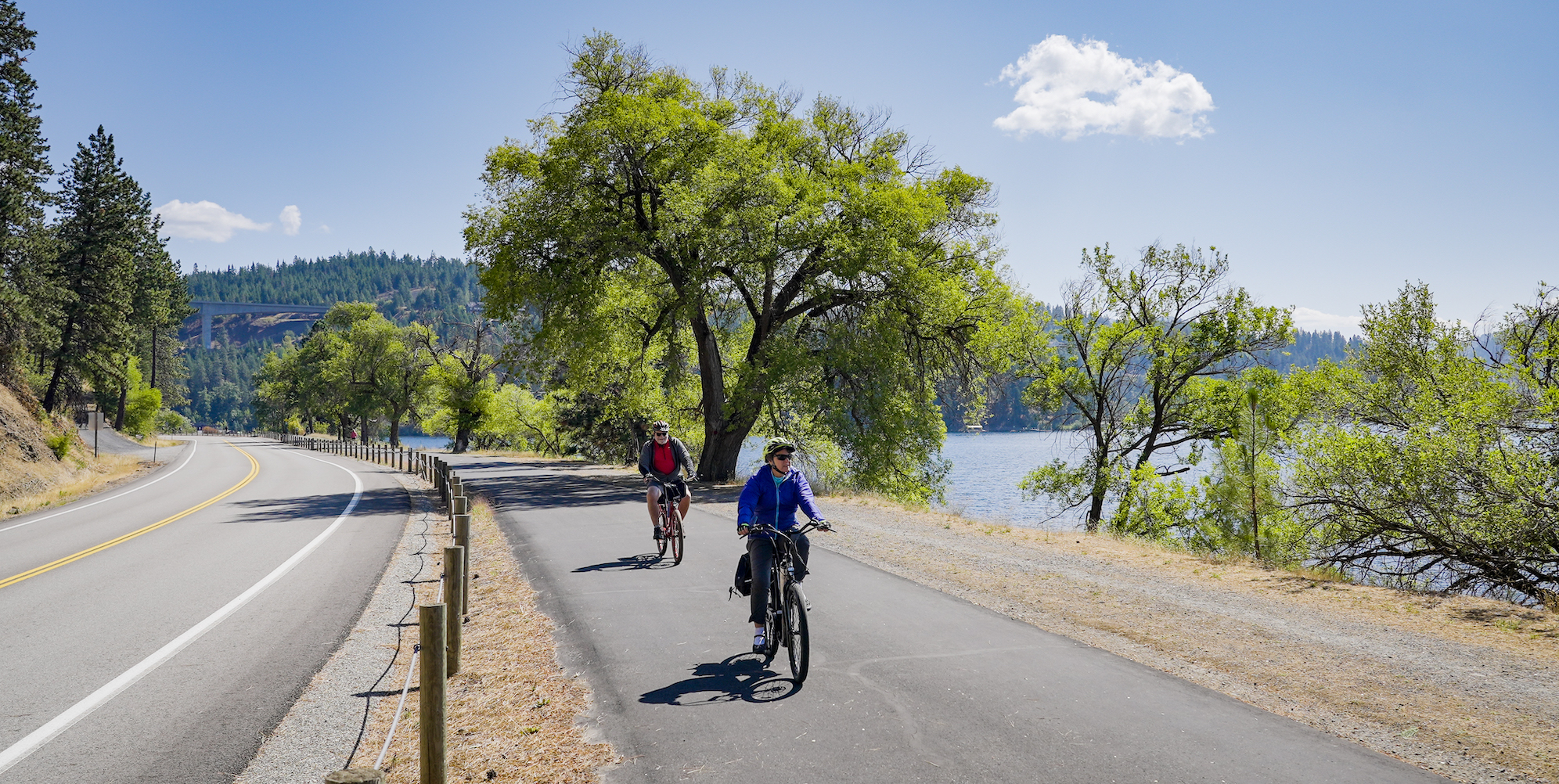
Take an adventure close to home
One alternative to overtourism is traveling closer to home. Traveling within one’s home community decreases the negative world-wide impacts of oil-dependent tourism while still creating tourism benefits for local destinations and travelers. This is truly the best way to travel sustainably - but we understand that people want to travel to all corners of the globe - which is why we want to provide some ways in which you can do so in a positive way! Still, it can be said that traveling close to home increases social capital and investment in one’s home community. If you are looking for a summer adventure, consider a human powered activity or trip nearby. Likely there are a multitude of options near your home.
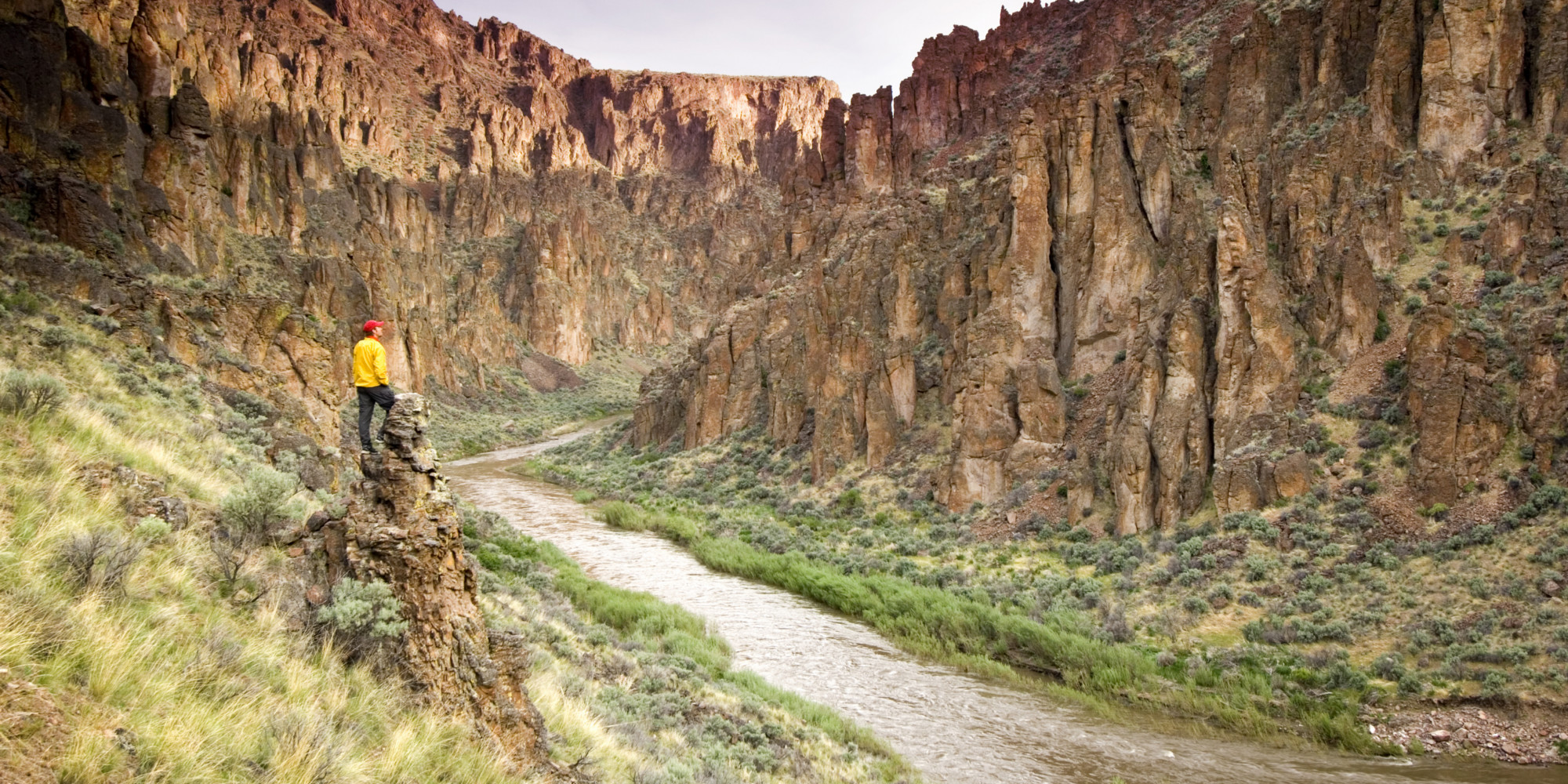
Take climate change into account
Consider ways to improve the state of the environment as a result of your visit. For example, take into account the amount of carbon dioxide emitted from your air flights. You can plant trees to offset that amount or buy “carbon offsets” through an organization that will plant them for you. If you can, opt to take trains from destination to destination for a more scenic and sustainable alternative to airplane travel.
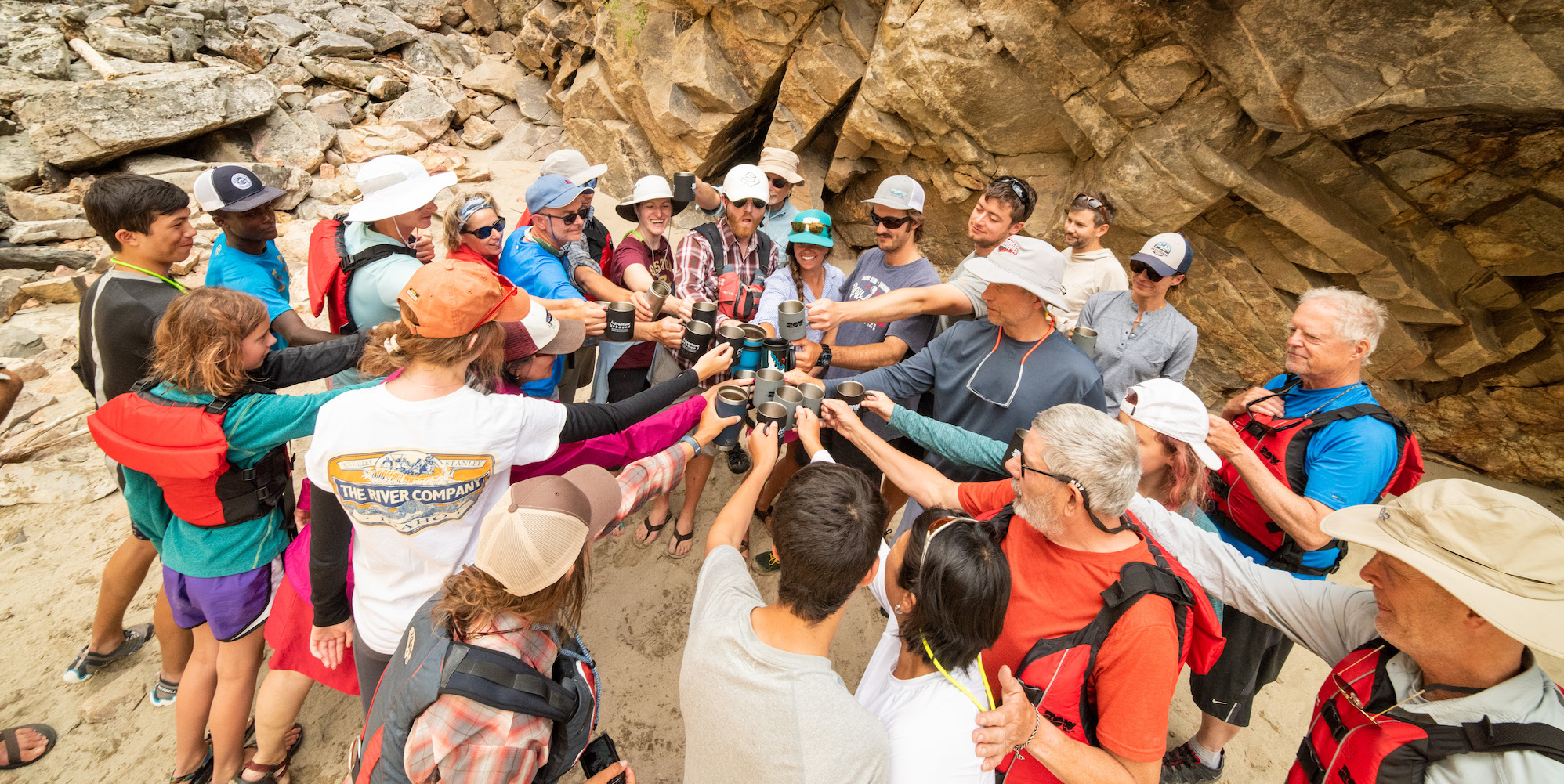
Consider giving back
In some developing countries (like Cuba, Ecuador, Gabon, Zimbabwe, etc.) taking quality, useful and environmentally responsible gifts can be a great idea. In other places it may make more sense to donate to a non-profit or NGO that works on worthwhile projects for the destination you'd like to support. We have suggestions for you on some of our country-specific FAQs and are always happy to provide suggestions if you wish.
Sustainable travel is all about making conscious decisions that minimize the negative impact of your travel on the environment, while also supporting local communities and their economies. By following some of these simple steps, you can become a more sustainable traveler and contribute to a more sustainable world for future travelers near and far to enjoy.


